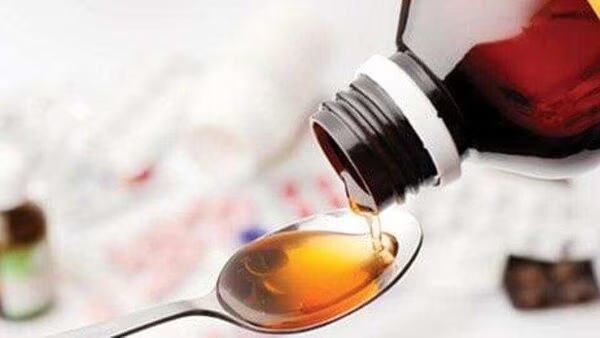Govt Bans Anti-Cold Drug Combination For Kids Under 4 Years; Check Details

New Delhi: The Central Drugs Standard Control Organisation (CDSCO) has prohibited the use of an anti-cold fixed drug combination for children under the age of 4 years.
The common cold FDC is a cocktail of two drugs — chlorpheniramine maleate and phenylephrine.
The Indian drugs regulator’s decision was made based on the recommendations of Subject Expert Committee (SEC).
All manufacturers of this common cold FDC have been directed to include a warning on the label and the package: “FDC should not be used in children below 4 years of age.”
This anti-cold FDC contains chlorpheniramine maleate IP 2mg with phenylephrine HCL IP 5 mg per ml drops.
Chlorpheniramine maleate is an anti-allergic drug (antihistamine), while phenylephrine is a decongestant.
According to Cleveland Clinic, it helps treat symptoms of common cold or sinus inflammation, and can help relieve runny nose, sneezing and congestion in the nose. However, this combination drug won’t treat an infection.
Experts have suggested that this common cold FDC should be used only after consulting a medical professional.
According to WebMD, if drug formulation is being consumed, the recommended dose should not be increased as it could result in serious harm like hallucinations, seizure and death.
Side-effects of this drug combination could be allergic reactions like skin rashes, changes in vision, breathing issues, anxiety, fast heartbeat, high or low blood pressure and headaches.
Dr Shreya Dubey, Consultant Neonatology and Paediatrics, CK Birla Hospital, Gurugram, explained why India has prohibited the use of this drug combination for kids below 4.
“Cough is a predictive reflex. For a child less than 4 years old, if too many medicines, especially combination medicines, are given too much, it could suppress the cough but predispose the child to more infections. Cough medicines can cause sedation, irritability, respiratory depression and behavioural changes in kids. If this combination is given more frequently, more than the recommended dosage, it can have potential side effects that can be harmful to the child’s health,” Dr Dubey told IndiaToday.in.

Comments are closed.